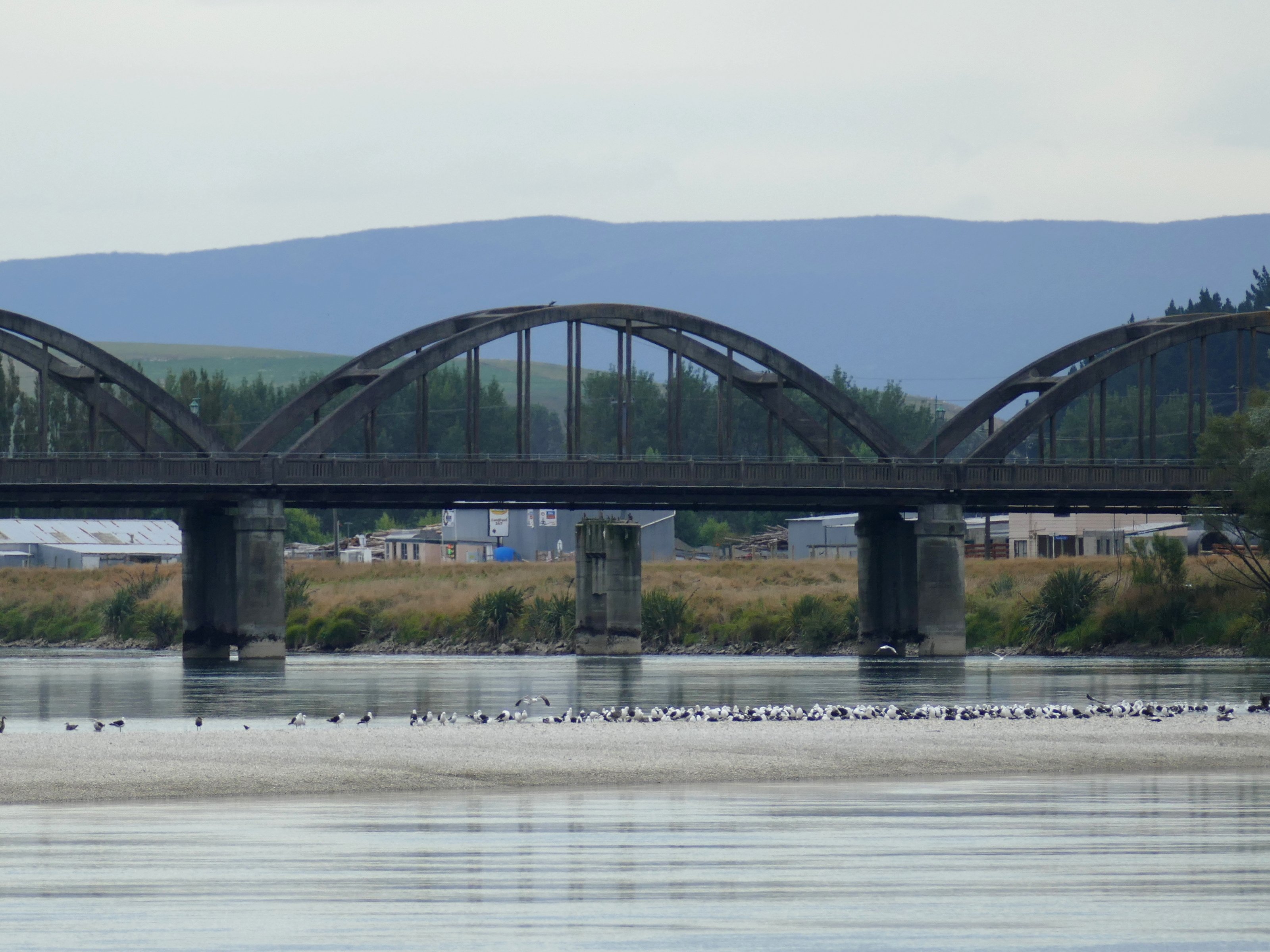
In March, the council said it had commissioned Niwa to carry out an assessment of gravel levels in the river over time, following community concerns levels were rising and could lead to an increased flood risk.
Gravel banks near the Balclutha Bridge become exposed each summer as river levels drop, leading to recurring community anxiety.
Following the latest concerns raised by residents in March, Clutha Mayor Bryan Cadogan said it was time the ORC "put some rigour in the process".
"Let’s see what the science says."
The independent assessment found while features of the river had changed in recent years, there was no evidence of a widespread trend of rising bed levels or gravel build-up at Balclutha, or other changes that would cause a greater risk of flooding.
The report analysed 11 surveyed cross-section profiles of the river alongside Balclutha dating from 1994 to 2024, as well as other survey information dating back to 1878.
ORC senior natural hazards analyst Tim van Woerden said the general trend was for riverbed levels at most locations to have fallen or remained unchanged.
"There have been some changes such as gravel bars moving and these can appear larger or more prominent during periods of low river flows, which may lead to perception of a gravel build up, but data shows that any gravel accumulation has been localised and is relatively minor in scale."
The single exception was at the Balclutha Bridge, where there was a "weak rising trend".
"The assessment gives us a solid understanding of the river in its current state and should give assurance to residents about what they’re seeing."
He said changes in the riverbed at Balclutha and in the wider Clutha Delta area were regularly monitored by the council.
If an increased flood hazard was identified, targeted removal of gravel would be considered.
Mr Cadogan said yesterday he hoped the survey would reassure locals.
"It’s probably a once-a-month subject raised in conversation with residents. We asked for evidence, and that’s what ORC have provided."











